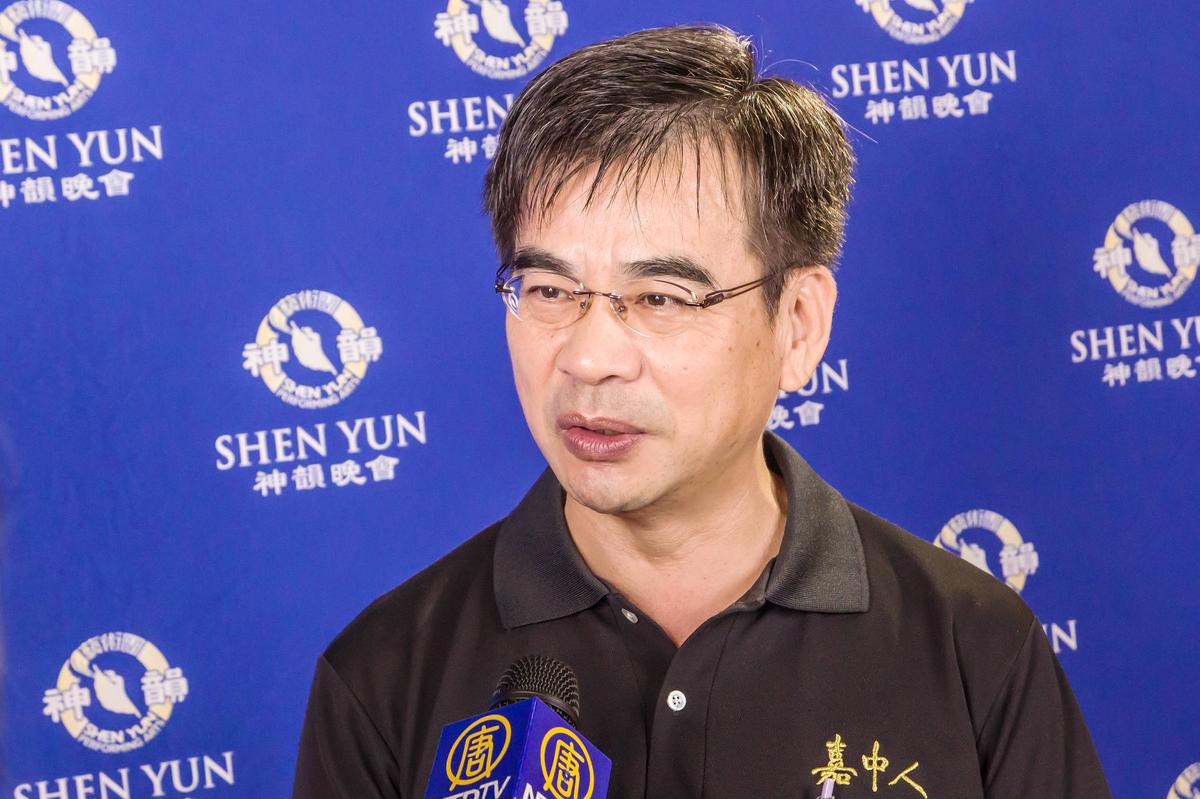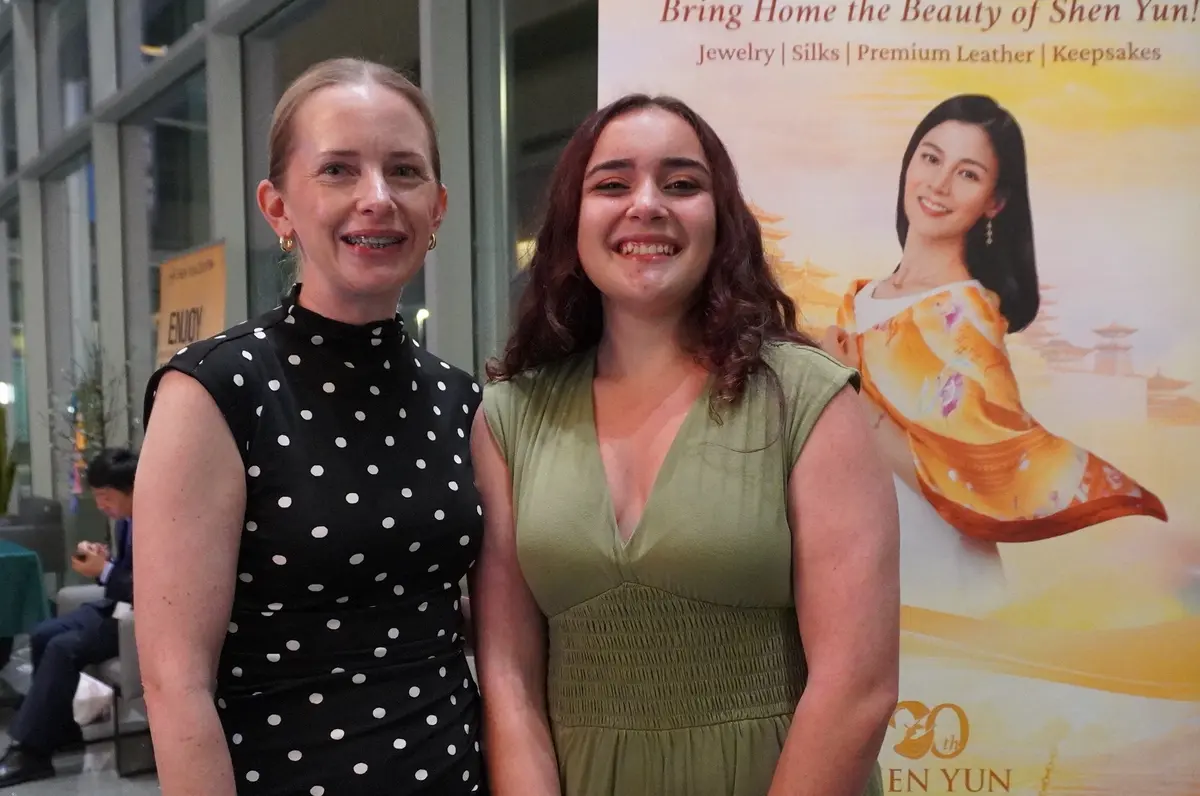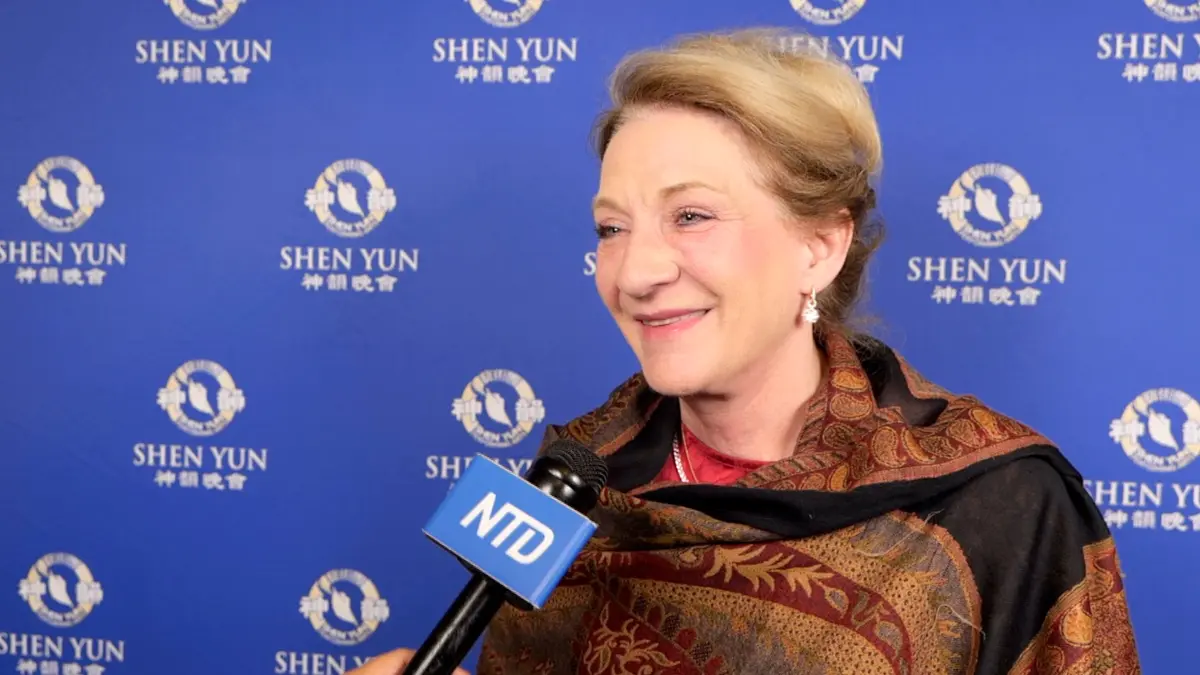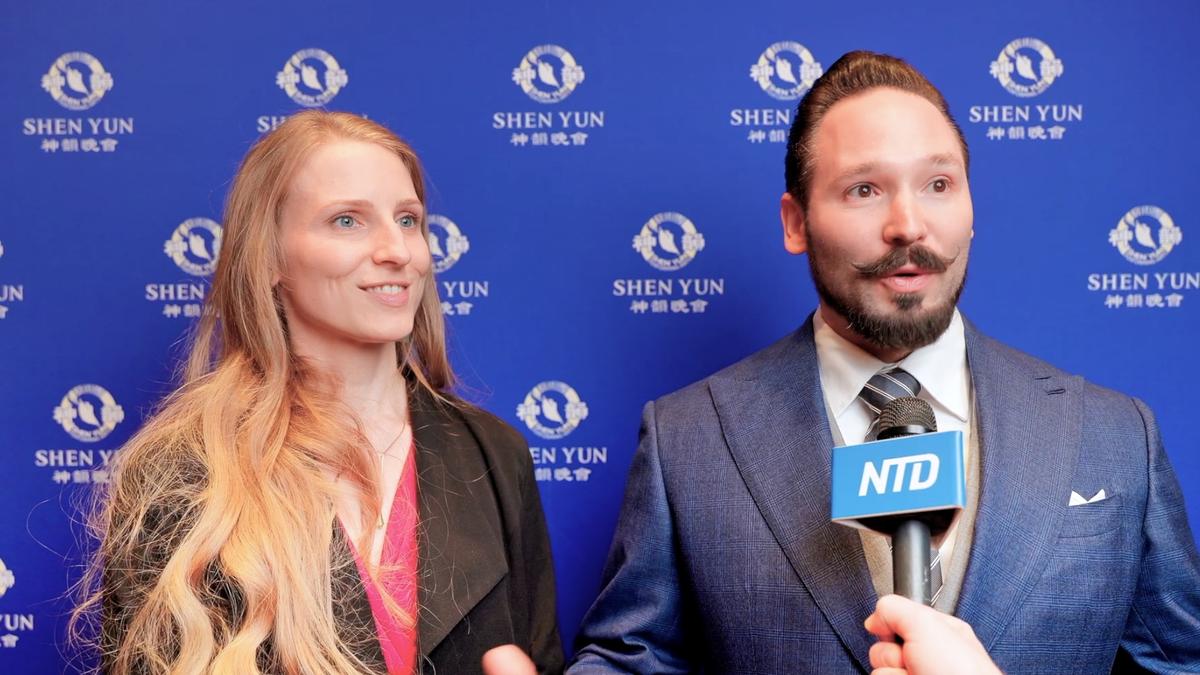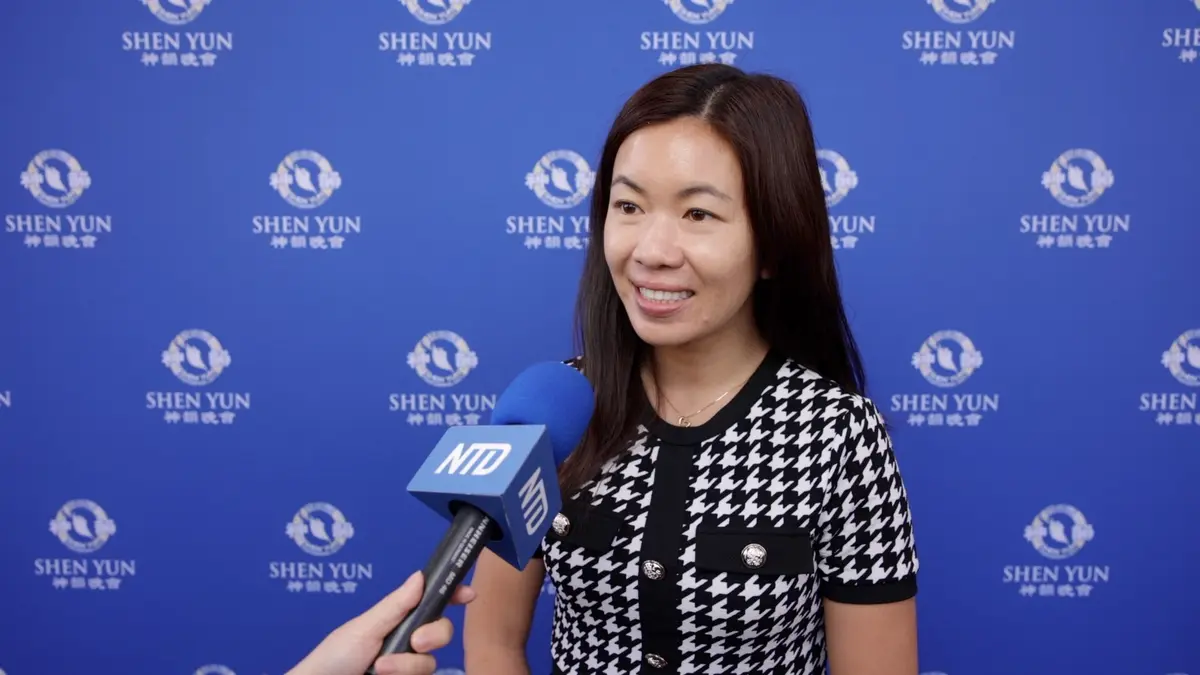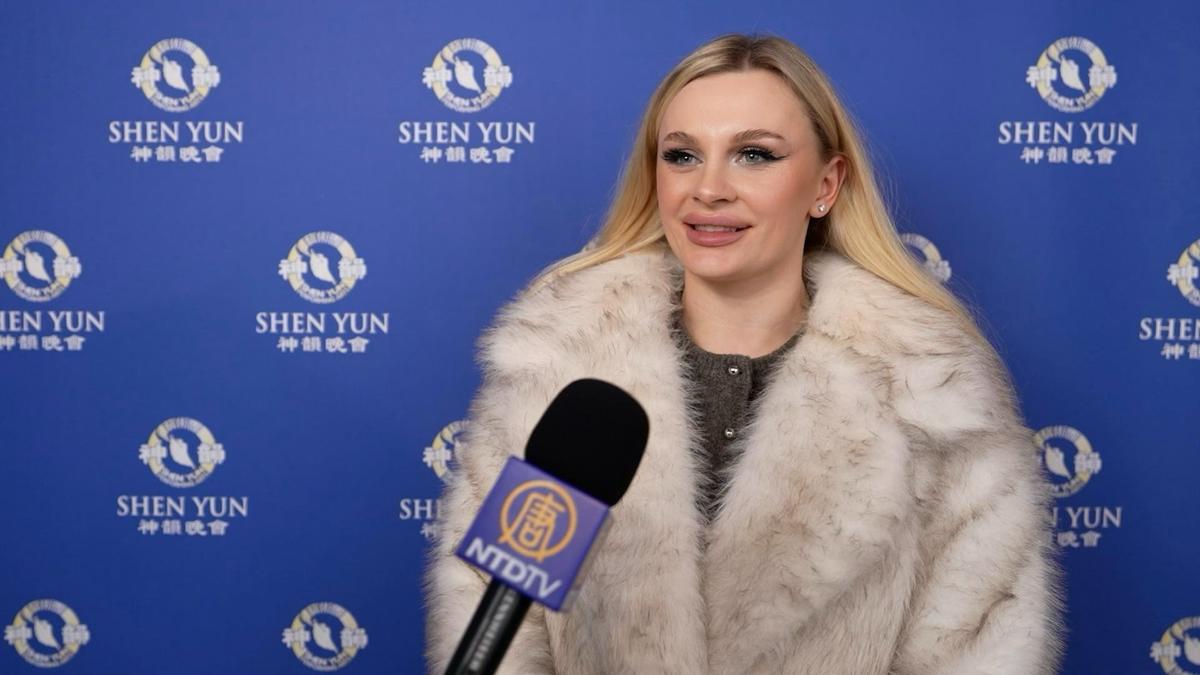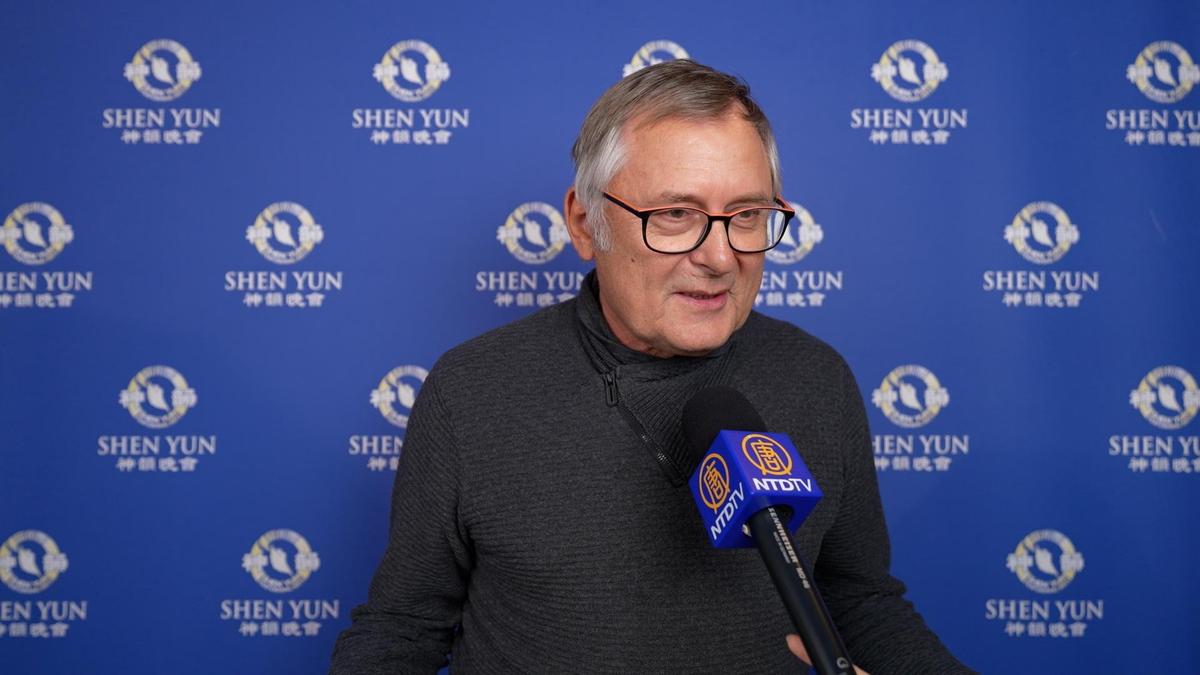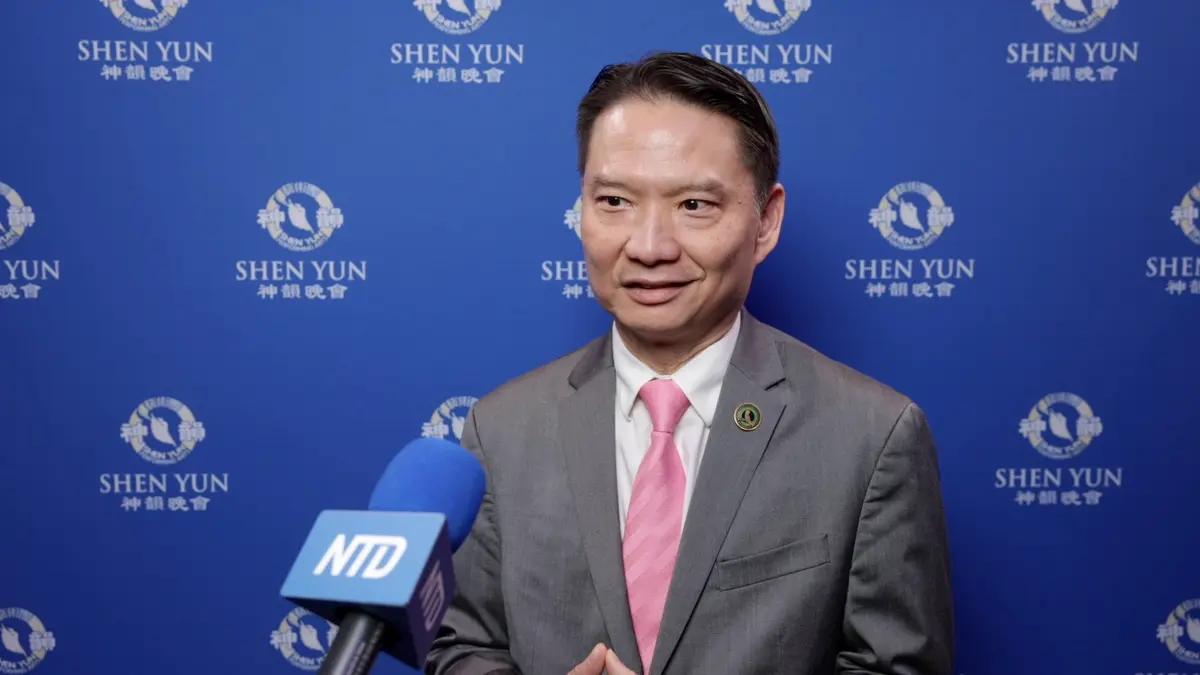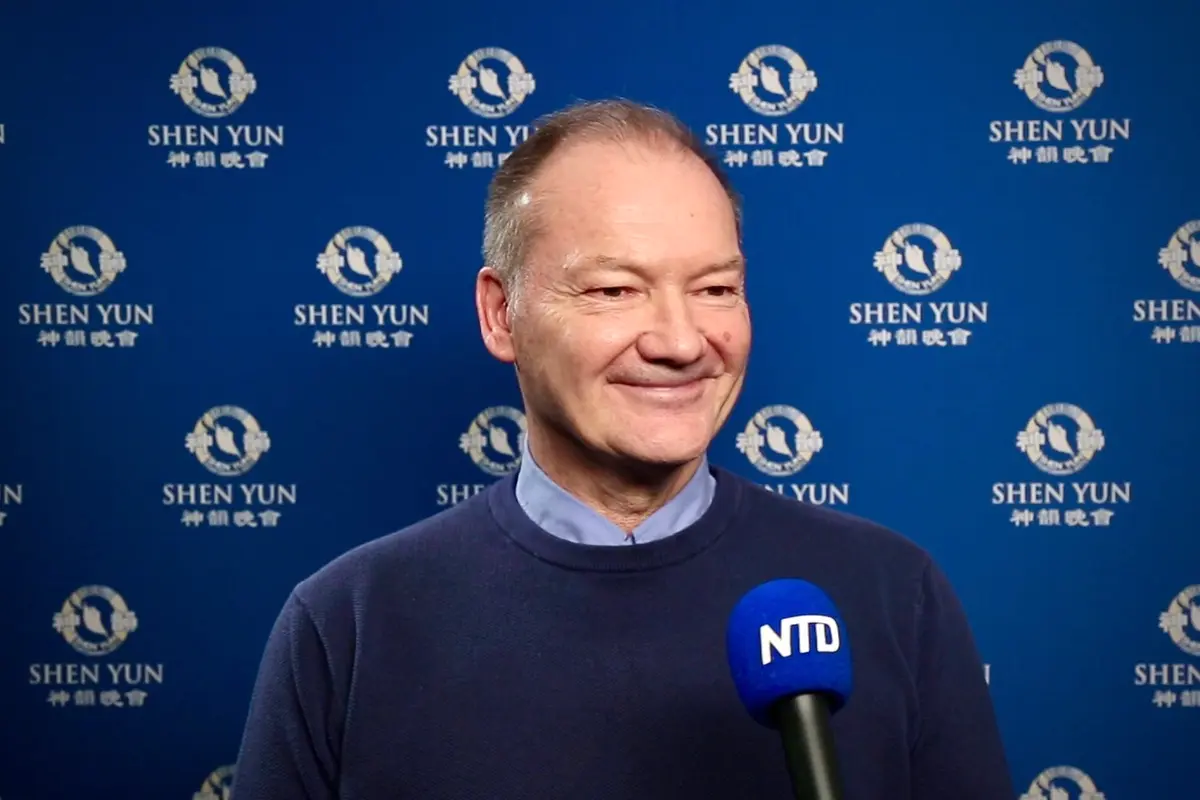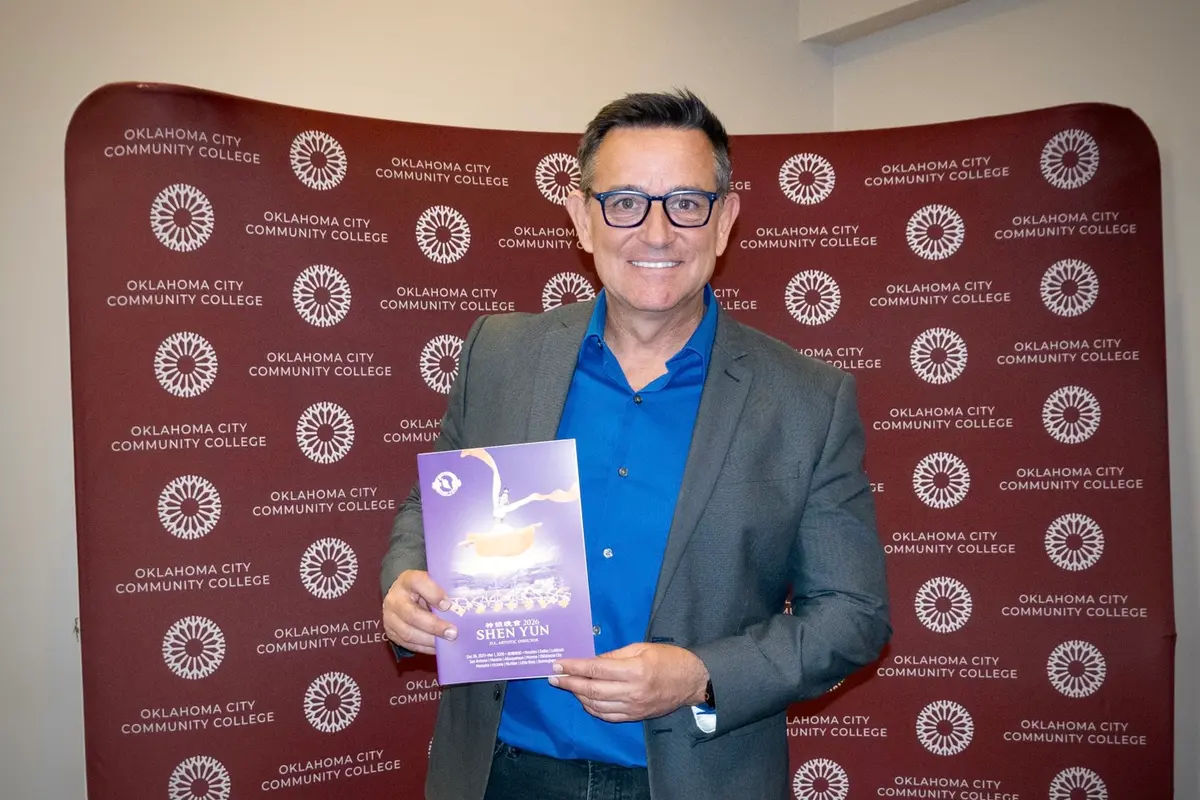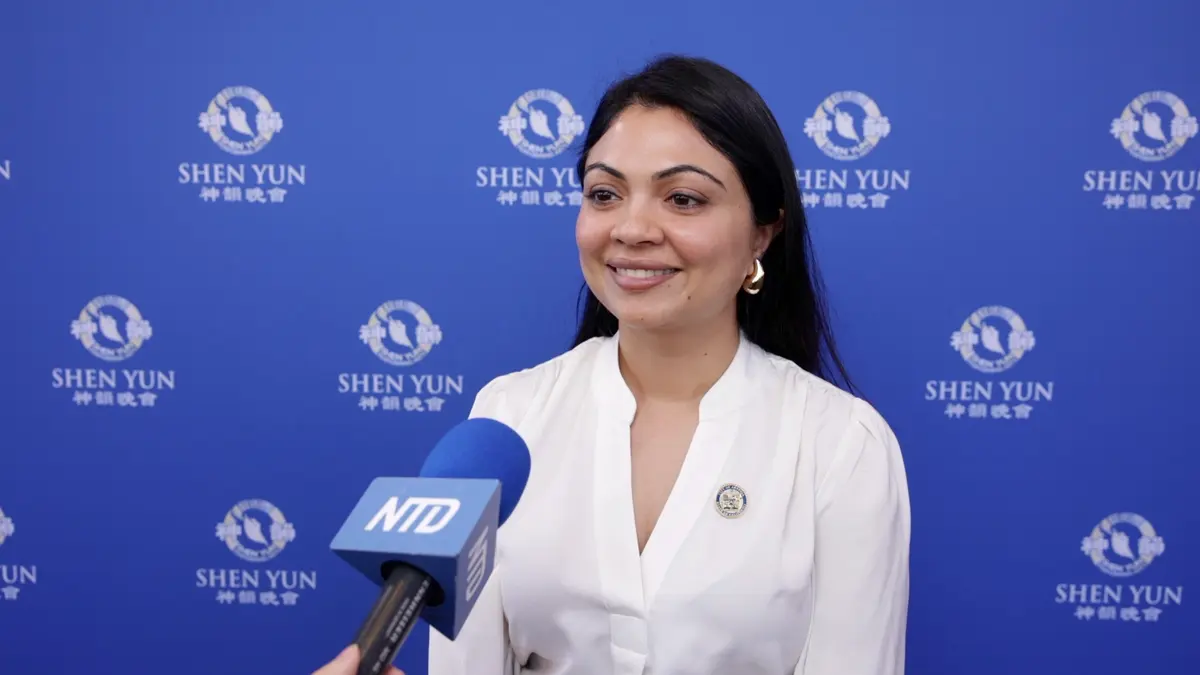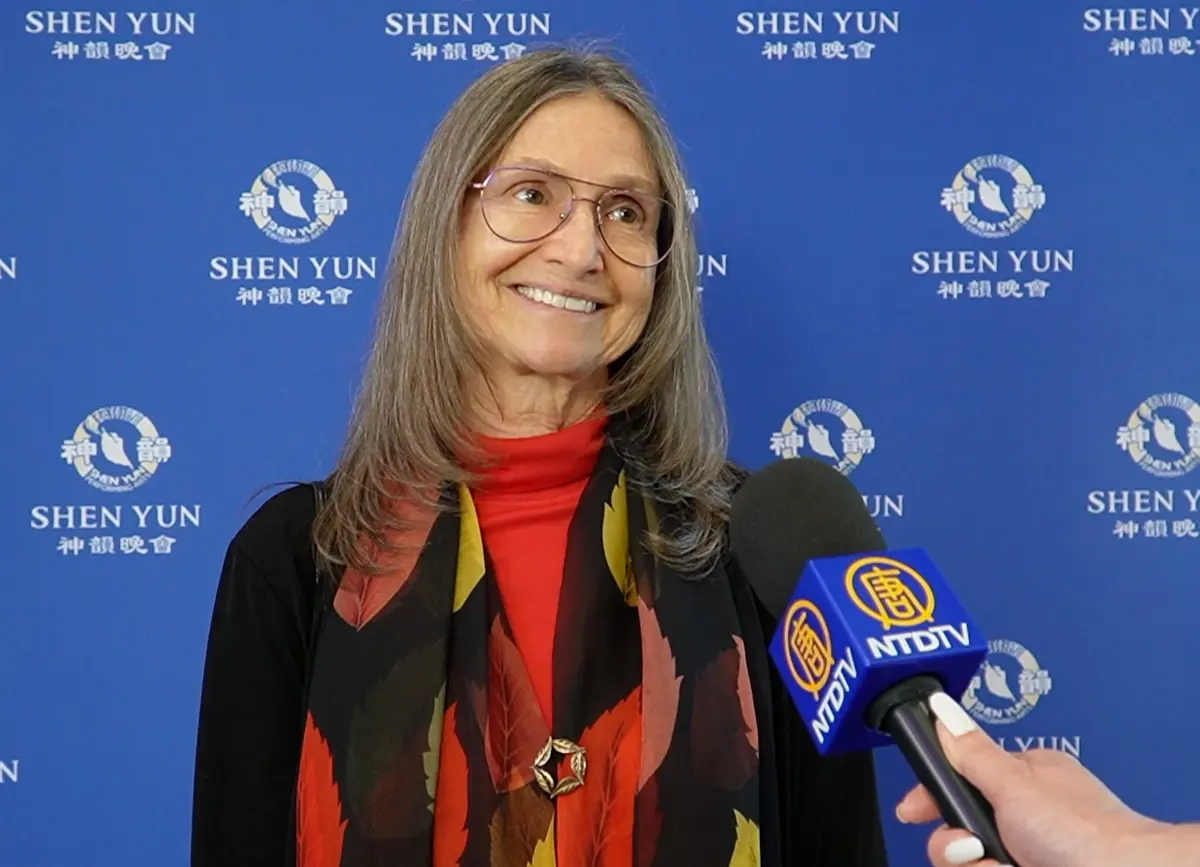CHIAYI, Taiwan—Locals in Chiayi, the host of an annual winds festival since 1993, are no strangers to music from around the world. In the evening of Sept. 30 (Friday), a sold-out crowd at the city’s biggest performance hall were jubilant to see Shen Yun Symphony Orchestra bringing not only great music, but also great culture.
“There were three straight encore music pieces; the audience simply didn’t want to leave,” said Hou Chia-jeng, a professor at the Department of Business Administration at National Chiayi University and a former director at the city’s cultural affairs bureau, after attending the venue. “It was a great performance, absolutely superb.”
The New York-based symphony orchestra, part of the company’s flagship dance company, is touring East Asia for the first time this year. The orchestra will return to the United States next week and make its season debut in North America with two performances at Carnegie Hall in New York on Oct. 15.
Mr. Hou said that he had had an amazing experience at the Shen Yun classical Chinese dance performances he went to in past years. He felt greatly touched and fortunate to come to see the orchestra, since the music got him “thinking more deeply about the meanings behind traditional culture and how this culture should be greatly cherished.”
“Much of the creativity behind the music has to do with religiosity and faith, but it has much more to do with traditional Chinese culture,” said Mr. Hou, who added that it was great for the audience to be reacquainted with their heritage.
In contemporary mainland China, however, traditional arts and mores have been decimated after decades of Communist Party tyranny. It is Shen Yun’s stated mission to bring back the authentic culture of China—including its virtues and spirituality—through dance and music.
“I especially like the piece ”The Mythical Udumbara.“ It was just great,” said Mr. Hou. “The music was led by traditional Chinese instruments, the pipa and the harp, and it was so graceful.”
“It was even more touching at the end of the music, when more than 40 stringed instruments played simultaneously, and the arrangement between violins and violas was simply outstanding,” he added.
As described on Shen Yun’s website, the udumbara is considered a sacred flower in Buddhism and is said to originate from the Buddha’s realm and bloom only once every three millennia. In present years, songs and dances have been performed to celebrate the sighting of the flower around the world.
Mr. Hou noticed that the symphony orchestra was unique in its excellent combination of Chinese instruments with a western orchestra. To him, this was very evident in the number “The Poets of the Orchid Pavilion,” and prompted him to consider the story behind the title.
He explained that the poets were actually scholars living in southern China, where the heart of Chinese culture was at the time, the period of the Northern and Southern Dynasties (420–589 A.D.). These scholars often gathered to discuss the future of their states.
Learning and knowing about ancient Chinese culture is still relevant, said Mr. Hou. This is especially true in modern society, where people live a fast-paced life, since ancient culture places great emphasis on the values of “respect, harmony and moderation.”
“Everyone should slow down and think about how to better go about their daily life.”
Reporting by Frank Fang
New York-based Shen Yun Symphony Orchestra comprises musicians from the four Shen Yun Performing Arts touring companies. For information about the October performances, visit: ShenYun.com/Symphony
The Epoch Times considers Shen Yun Performing Arts the significant cultural event of our time and has covered audience reactions since the company’s inception in 2006.

